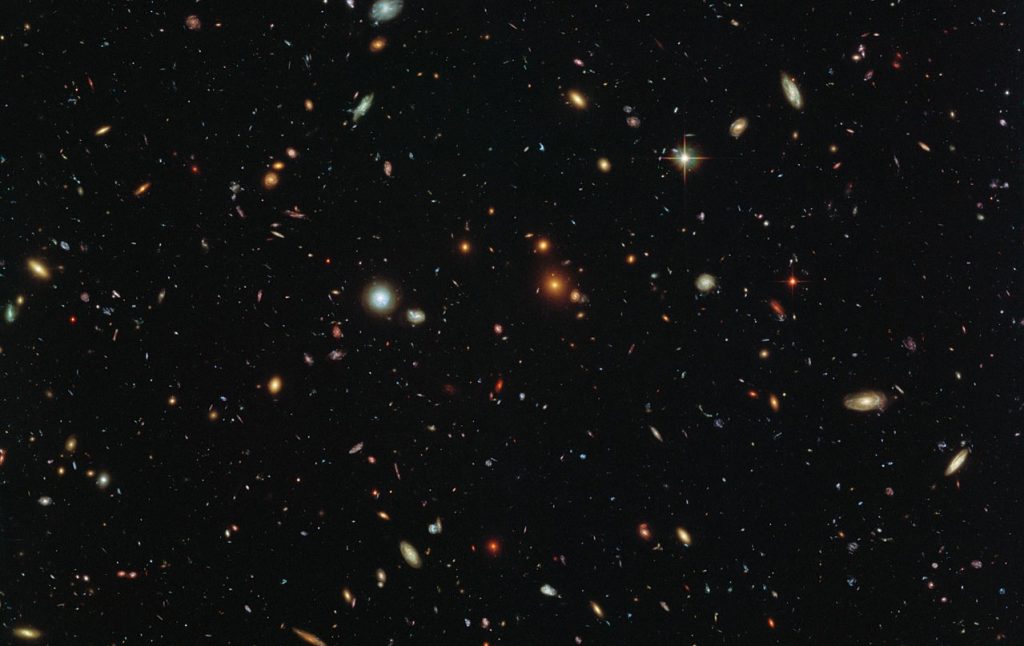(Source: ABC Science via William Lee)
Astronomers detect signal from the dawn of the universe, using simple antenna in WA outback
They have picked up a radio signature produced just 180 million years after the Big Bang using a simple antenna in the West Australian outback.
The ground breaking discovery, reported today in the journal Nature, sheds light on a period of time known as the “cosmic dawn”, when radiation from the first stars started to alter the primordial gas soup surrounding them.
[…]The signal they’ve been looking for is a miniscule fraction — between 0.1 and 0.01 per cent — of the radio noise from the sky.
“It’s like trying to hear a whisper from the other side of a roaring football stadium,” Professor Bowman said.
The signal is also within the lower range of FM radio, so finding a place on Earth that is free of human radio interference was essential.
That’s why Professor Bowman and colleagues decided to base their experiment at CSIRO’s Murchison Radio-astronomy Observatory, 300 kilometres north-east of Geraldton.
“Going to Western Australia and working at the Murchison Radio-astronomy Observatory was an absolutely critical first step for us,” he said.
There they built a small table-sized radio spectrometer with a radio receiver attached to two metal panels that act as an antenna. Akin to a set-up from the 60s or 70s, the EDGES instrument is much simpler in design than bigger array telescopes around the world.[…]

